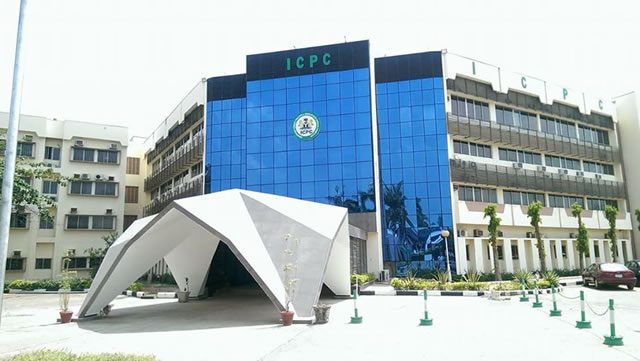A Federal High Court in Asaba, Delta State, has upheld the ability of the Independent Corrupt Practices and Other Related Offences Commission to look into and bring to court officials of the Delta State Government who are accused of engaging in corrupt activities.
The representative for the anti-corruption agency, Demola Bakare, announced the news in a statement on Wednesday.
The Attorney-General of the state had previously filed a case contesting the authority of the ICPC under Sections 6 and 28 of the Corrupt Practices and Other Related Offences Act 2000 (ICPC Act 2000) to examine the state government’s finances and request interviews with Delta State officials during investigations.
The person bringing the case, FHC/CS/165/2023, also argued that according to Sections 120, 121, 122, 123, & 125 of the 1999 Constitution of the Federal Republic of Nigeria (as amended), it is only the Delta State House of Assembly and the Auditor General of Delta State that have the authority to scrutinize the state’s finances and ask for documents.
However, the ICPC contended that Sections 6 and 28 of the ICPC Act 2000 give the commission the power to carry out its enforcement role on “any person,” including state government officials.
The commission, represented by the Director of the Legal Services Department, Henry Emore, emphasized that the ICPC Act 2000 does not differentiate between the state government and the Federal Government in the fight against corruption.
“Furthermore, there is no conflict between the provisions of Sections 6 and 28 of the ICPC Act and Sections 120-125 of the Constitution; the two are instead, complementary,” he argued.
In his ruling on Wednesday, May 7, 2024, Justice F. Olubanjo of the Federal High Court, Asaba Division, agreed with the arguments of ICPC entirely and held that Nigeria practices cooperative federalism; and as such the fight against corruption is a function of both the states and the federal government.
He also noted that the matters before the court had been settled in a variety of higher court decisions, including the Supreme Court judgment in AG Ondo State vs AG Federation & 36 ORS.
The case was therefore rejected without any cost awarded.



